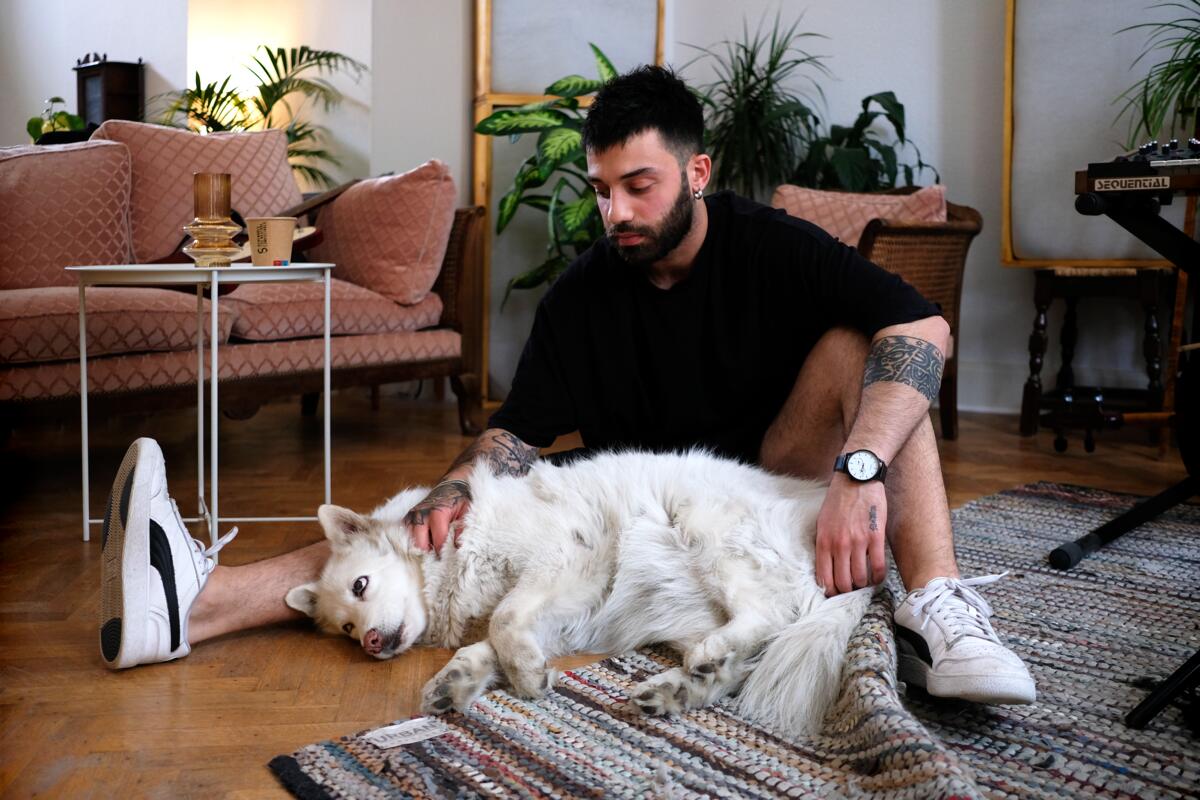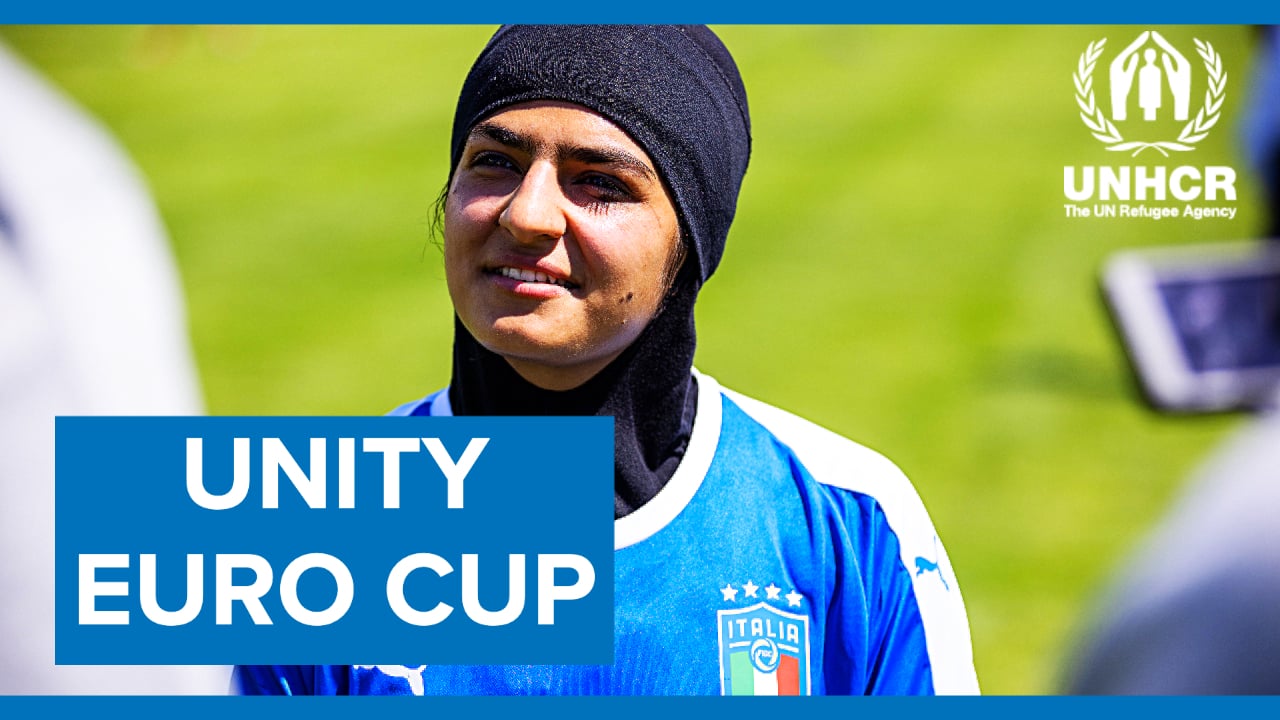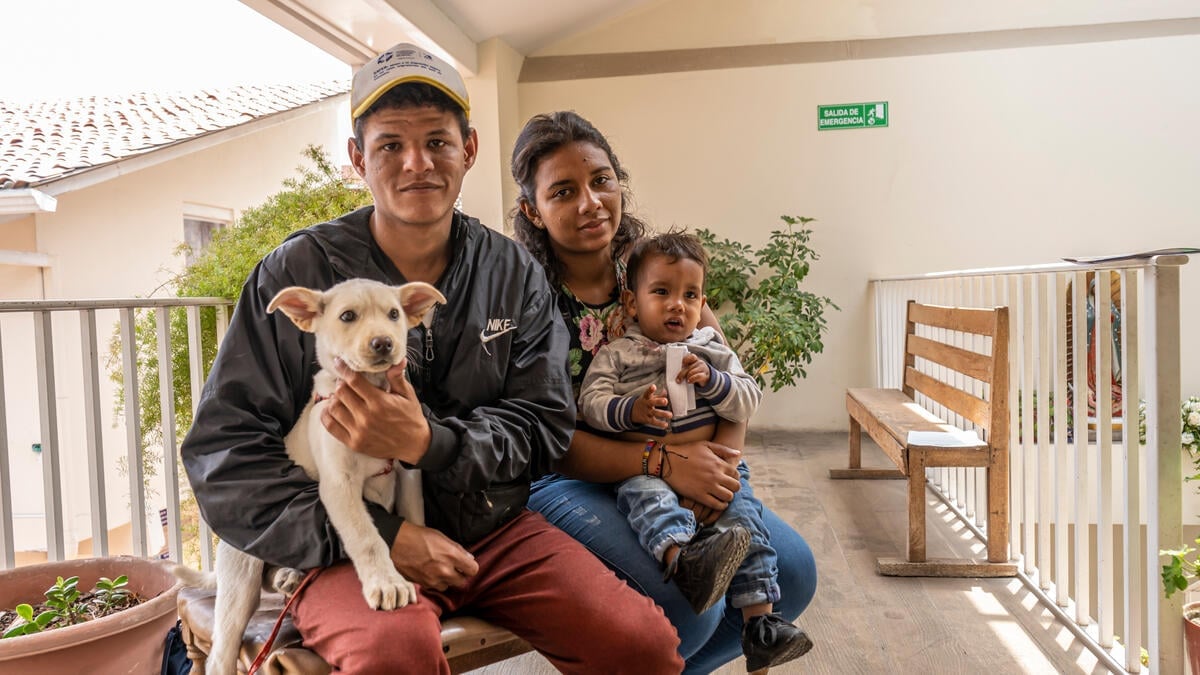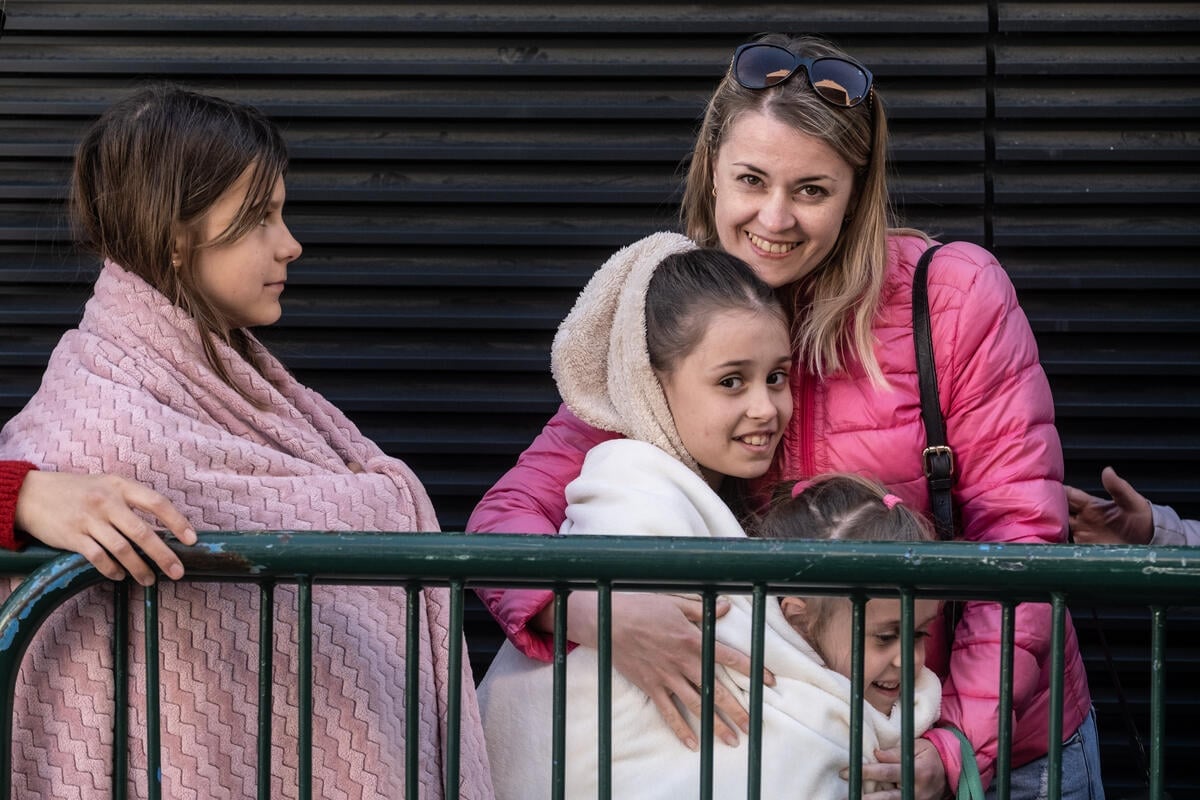Brazil's policies boost inclusion of Venezuelans, but challenges remain
Brazil's policies boost inclusion of Venezuelans, but challenges remain

Brasilia – A new studyLink is external by the World Bank and UNHCR, the UN Refugee Agency, launched today, highlights the challenges faced by Venezuelans forced to leave their country, as they attempt to build new lives in Brazil.
An estimated 260,000 Venezuelans are currently living in Brazil after fleeing the social, political and economic crisis in their country. Despite a favourable legal framework in Brazil, many of them face obstacles accessing social services, the formal labour market and the education system. These barriers relate to language, and difficulties validating education documents and verifying skills.
Although they have similar education levels, Venezuelans are 64 per cent less likely to be employed than their Brazilian hosts and their children are 53 per cent less likely to be in school.
Brazil provides welfare assistance to non-nationals regardless their legal status, including during the pandemic. The number of Venezuelans accessing financial aid through social programmes has increased threefold since the outbreak of COVID-19. Today, 18 per cent of Venezuelans in Brazil receive this support.
However, Venezuelans are 30 per cent less likely to be registered for such support than Brazilian nationals. Those who do receive financial aid have higher levels of education and professional qualifications than local recipients.
“We analyzed administrative and census data from 2017 to 2020 to explore whether Venezuelan refugees and migrants face differential access to education, the formal labour market, and social protection programmes. We hope our recommendations can help Venezuelans find a home in Brazil,” said Rovane Battaglin Schwengber, a Social Education Specialist at the World Bank.
According to the study, only 12 per cent of the working-age Venezuelan population in Brazil have jobs in the formal labour market. Venezuelans who are formally employed tend to be younger and are more likely to have completed high school. Nonetheless, they often work longer hours, receive lower wages and have less job security than nationals.
In the education sector, both primary school-aged Venezuelan children and adolescents are at a disadvantage compared to their Brazilian peers. According to a 2020 education census, just 37,700 (or 45 per cent) of Venezuelan children were enrolled in school – compared to more than 85 per cent of Brazilian children.
Even when they manage to enroll, Venezuelans often attend more overcrowded schools and are placed in lower grades. A shortage of Spanish-speaking teachers is another major obstacle to their success in the classroom.
“Inclusion and integration in a foreign country is a long-term process that requires a truly holistic approach to be effective, as well as commitment and resources,” said Nikolas Pirani, an Associate Economist at UNHCR who worked on the study.
UNHCR is encouraging the Government of Brazil to continue implementing policies to address the difficulties Venezuelans face, such as facilitating the process of skills verification, increasing language training for professionals and teachers, and increasing school capacity, especially in northern regions.
The agency is supporting these integration efforts by assisting with the validation of diplomas, through partnerships with the private sector, and programmes to employ refugee women, among others. It also supports the government-led relocation programme from the border state of Roraima to southern regions of Brazil, where there are better prospects for Venezuelans to achieve self-reliance.
Amongst Venezuelans in Brazil, nearly 47,000 have been recognized as refugees by the Brazilian government while more than 145,000 have received temporary residence visas. Another 96,000 are waiting for their asylum claims to be processed.
For more information, please contact:
In Brazil,
- Luiz Fernando Godinho, UNHCR, godinho@unhcr.org, +55.61.9.8187.0978
- Elisa Diniz , World Bank, elisadiniz@worldbank.org)+55.61.3329.1059 / +55.61.3329.1099
- Juliana Braga, World Bank, jbraga@worldbank.org +55.61.3329.1059 / +55.61.3329.1099
In Panama,
- William Spindler, UNHCR spindler@unhcr.org +507 6382 7815
- Olga Sarrado, UNHCR sarrado@unhcr.org +507 6640 0185
In Geneva,
- Aikaterini Kitidi, UNHCR kitidi@unhcr.org, +41 79 580 8334









